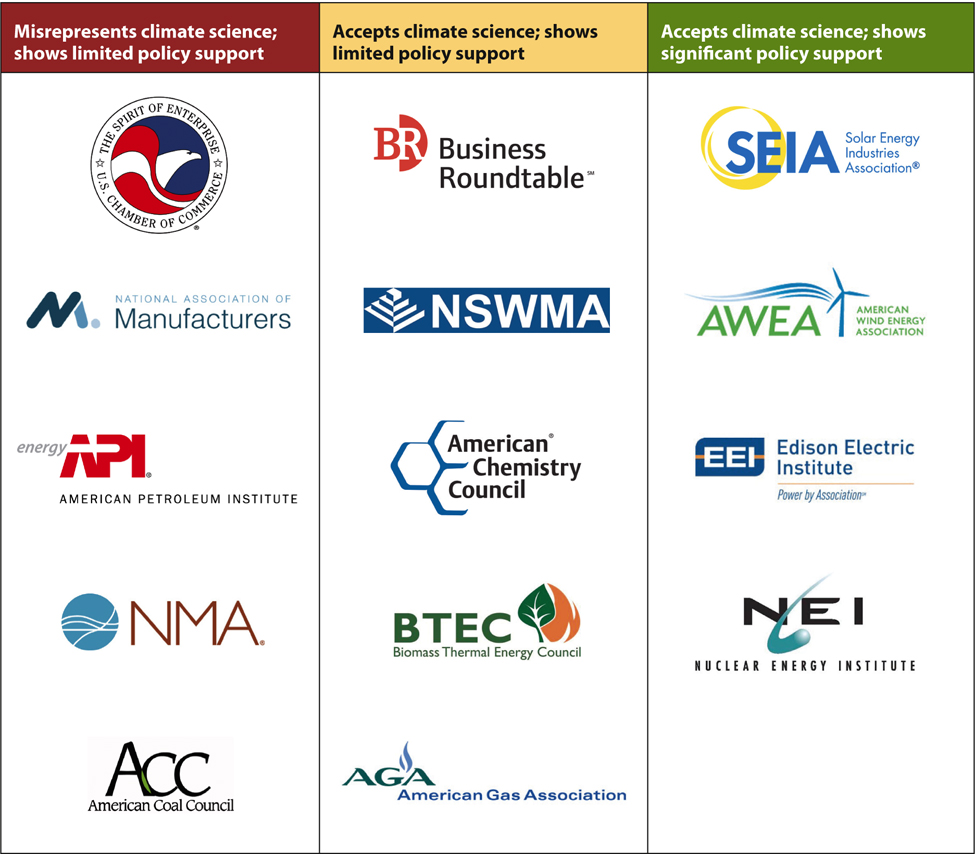Today is April 15, a day that many Americans dread: Tax Day. And it’s not just you and I who need to file our taxes. American corporations have to do their taxes too. (The Supreme Court ruled that they are people now, after all.) And while I definitely don’t look forward to doing my own taxes, I am interested in seeing what information comes back on corporate foundation tax forms.
Now I know what you’re thinking. Is she serious? Does she know there’s a world outside of Washington, DC? I’d rather do my own taxes every month as someone scratches on a blackboard than look at corporate tax forms. But hear me out! This stuff matters.
What Corporate Tax Forms Tell Us
Corporate tax forms are one of the (unfortunately few) ways that the public can learn about how companies are influencing policy making. Many public companies in the U.S. have corporate foundations that they use to donate to outside organizations—everything from local Girl Scout troops to the U.S. Chamber of Commerce. These corporate foundations are required to publicly disclose their contributions.
We used corporate foundation tax forms as a source of information in last year’s report, A Climate of Corporate Control. That report revealed that that corporations influence the conversation on climate change through their support of outside organizations that work on climate change issues. These outside groups included think tanks, trade groups, and business associations, and some of them take anti-science positions on climate change and work aggressively to challenge climate science and science-based policies.
What Corporate Tax Forms Don’t Tell Us
While researching for our report, we were frustrated at how challenging it was to find out which companies supported these anti-science groups. The problem is that corporations often don’t use their foundations to donate, but rather support groups directly. And direct corporate support of outside groups is not publicly disclosed. So we can’t learn which groups corporations are supporting by reading their tax forms. As a result, the public can be left in the dark about who is funding these outside groups to spread misinformation about climate change, block policies to address climate change, or influence other important policy discussions without accountability.
Better disclosure requirements coming from the White House, Congress, or the Securities and Exchange Commission would help address this, but unfortunately none of these proposals have been successful yet. Still, company shareholders and even corporations themselves have taken a stand on greater transparency in donations to outside groups and voluntary disclosure can be an important first step.

We analyzed the climate change positions of 14 US trade and business associations and found that a third of them continue to misrepresent climate science in their materials and public statements.
Partnering with CDP to Improve Corporate Disclosure on Climate Change
With this in mind, the Union of Concerned Scientists has partnered with CDP (formerly the Carbon Disclosure Project) to encourage companies to voluntarily disclose their political activities related to climate change. CDP is an international not-for-profit that works with market forces to motivate companies to disclose their impacts on the environment and take action to reduce them. The organization administers a climate change questionnaire annually to 3,000+ companies, including more than 1,500 in the US. This year, for the first time, the questionnaire will ask companies about their membership in trade and business associations and their donations to think tanks and other research organizations. Moreover, CDP is asking companies whether or not they agree with the climate change positions of their trade and business groups.
And how will companies know what those climate change positions are? CDP links to the recent UCS report, Assessing Trade and Business Groups’ Positions on Climate Change. Our results show that many large trade and business associations have consistently opposed climate policies, and even more concerning, several have yet to accept basic climate science. When they fill out CDP’s survey this spring, many companies will have the opportunity to take a stand on these anti-science positions of their trade associations.

The Center for Science and Democracy at UCS is working with CDP to hold companies accountable to the climate change positions of their trade and business associations.
Holding Companies Accountable
Initiatives like CDP’s survey can help us hold companies accountable to the positions of their trade associations. And the survey is one way that we can promote greater transparency about how corporations use outside groups for their political activities, while we continue to push for better disclosure laws.
When the influences behind public policy making are concealed, the democratic processes of our government are vulnerable to corporate and political interference. For the sake of our democracy, corporations should be held accountable for their political activities.
But you should be sure to do your own taxes too.
